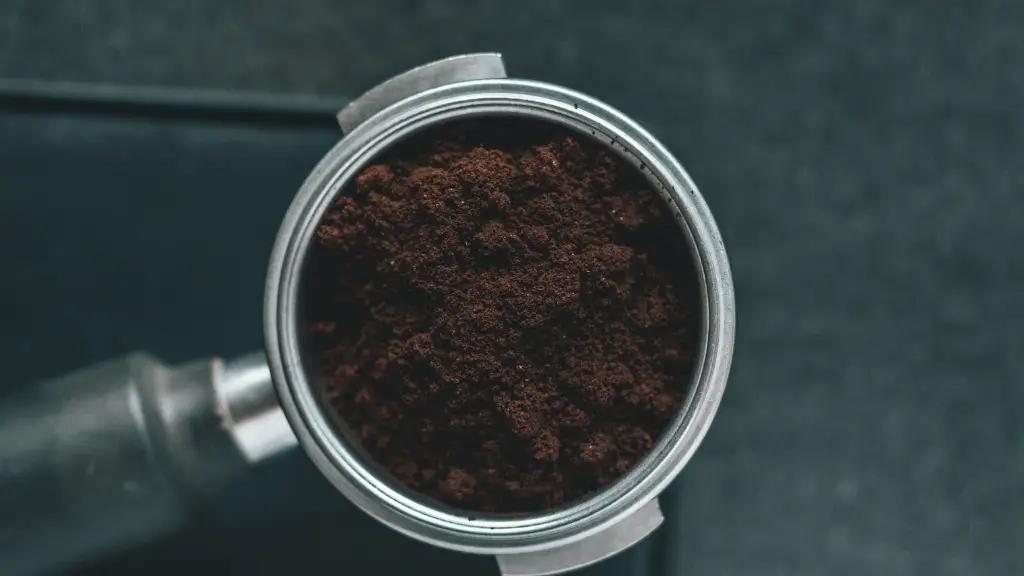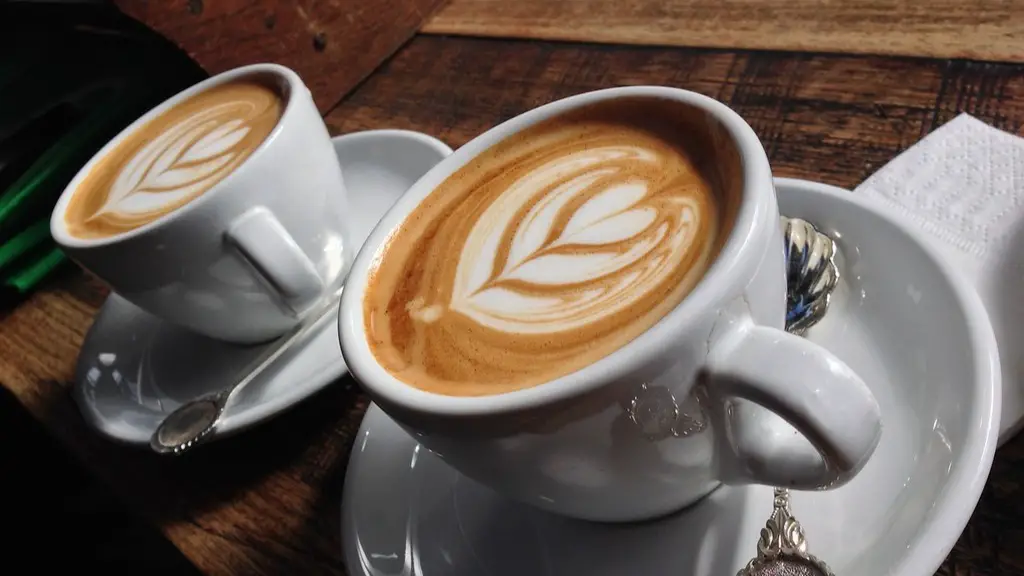What time should you drink coffee?
Coffee is one of the most popular drinks in the world. A cup of coffee can help wake you up and focus, and that’s why so many of us rely on it each day. But when should you drink it? Should you drink it in the morning to get an energy boost, or should you wait until the afternoon? That’s a good question, and the answer may surprise you.
Studies have shown that when it comes to how and when to drink coffee, timing is key. The best time to drink coffee is between 9 a.m. and 11 a.m. This is because of the body’s natural circadian rhythm. During this time, your body is at its most alert and awake. So drinking coffee after 9 a.m. will help you get the most out of your cup of Joe.
But that’s not the only thing to keep in mind when it comes to drinking coffee. It’s also important to consider the caffeine content. Most cups of coffee contain between 95 and 150 mg of caffeine–but some espresso shots can contain as much as 250 mg. Too much caffeine can lead to side effects like jitteriness, headaches, and dehydration. So if you’re going to drink coffee, it’s important to keep track of how much caffeine you’re consuming.
Another thing to consider is the quality of the coffee you’re drinking. Research suggests that fresh-ground coffee tastes better than pre-ground coffee, and that higher-quality coffee beans will make a better-tasting cup of joe than lower-quality ones. So make sure to find the best-quality beans you can, and always grind your own.
Finally, it’s important to be aware of the time of day that you’re drinking coffee. If you drink coffee late in the day, you may find yourself more wired than usual and have difficulty falling asleep at night. Drinking coffee after 5 p.m. can disrupt your natural sleep cycle and make it hard for you to fall asleep. So if you’re drinking coffee late in the day, go for decaf.
Moderate Caffeine Intake
Another key to drinking coffee at the right time is to practice moderation when it comes to caffeine consumption. Most experts say that you should limit your caffeine intake to 400 mg per day. That’s roughly four cups of coffee, or eight shots of espresso. While it may be tempting to drink more coffee to get an extra energy boost, too much caffeine can lead to discomfort or unpleasant side effects.
In addition to limiting your caffeine intake, be aware of how caffeine affects your body. Many people find that their bodies are sensitive to caffeine, and can experience side effects even at lower levels. If you find yourself feeling jittery, anxious, or having trouble sleeping after drinking coffee, you may want to consider reducing your caffeine intake.
Finally, be aware of the timing of your coffee. If you’re drinking coffee around mid-morning, consider switching to tea or a lower-caffeinated beverage, such as green tea or decaf coffee. This will help you stay alert and energized without drinking too much caffeine later in the day.
Effects of Late Morning Coffee
So when is the latest recommended time to drink coffee? Studies suggest that the latest time to drink coffee is between 10 a.m. and 11 a.m. This is because of the body’s natural circadian rhythm. The body is already naturally peaking in terms of alertness and productivity, so having a cup of coffee later in the morning will help you stay focused and energized.
However, if you’re drinking coffee beyond 11 a.m., it’s important to keep an eye on how much caffeine you’re consuming and how it’s affecting you. Keep in mind that there is still some residual caffeine in your system after 11 a.m., and this can lead to side effects like jitteriness, headaches, and difficulty sleeping. So if you do decide to drink coffee after 11 a.m., make sure to practice moderation and watch for any negative side effects.
That said, drinking coffee late in the day does have some benefits. If you’re feeling sluggish and need a quick energy boost, a cup of coffee can do the trick. Just make sure to limit your intake so you don’t experience any negative side effects.
Role of Mood & Diet in Caffeine Consumption
In addition to understanding the timing of coffee consumption, it’s important to consider how your diet and mood can affect your caffeine intake. What you eat and how you’re feeling can play a role in how you respond to caffeine. For example, if you’re feeling down, you may be more likely to reach for a cup of coffee to give yourself a boost.
On the other hand, if you’re not getting enough sleep or eating a poor diet, caffeine can be more likely to affect you negatively. So pay attention to how your lifestyle choices like sleep and diet may be contributing to your caffeine intake.
It’s also important to be aware of any underlying health conditions that could be affected by caffeine. Some people are sensitive to caffeine, and may experience side effects like jitteriness, headaches, or insomnia if they drink too much. If you’re taking any medications, it’s important to talk to your doctor before drinking coffee, as caffeine can interact negatively with certain medications.
Preparation of Morning Coffee
If you do decide to drink coffee in the morning, it’s important to make sure it’s prepared properly. This means using the right type of brewing method and the best-quality beans you can find. Generally speaking, freshly ground beans will produce a richer taste and more intense flavor than pre-ground beans.
It’s also important to consider the brewing method. French presses, pour-overs, and Espresso machines are all great ways to get the most out of your beans. Whichever method you choose, make sure to use fresh, filtered water and the right grind size for your particular brewing method.
Finally, if you’re feeling adventurous, you can try different kinds of brewing techniques and flavorings. From drips to cold brews to cappuccinos, there’s something for everyone when it comes to preparing coffee. Just make sure you’re starting with the best-quality beans you can find, and that you’re familiar with the particular brewing method you’re using.
Using Coffee To Increase Support Network
Many people rely on coffee to increase their support network of family and friends. This can be especially helpful if you’re feeling down or isolated. Inviting people over for coffee can be a great way to catch up, socialize, and reconnect.
You can also use coffee as a way to connect with your loved ones. For example, you could plan a coffee date with a close friend or family member. Or you could invite a co-worker to grab a cup of coffee and discuss business. Having a cup of coffee together can be a great way to get to know each other better, strengthen relationships, and share ideas.
Finally, coffee can also be a great way to de-stress and relax. When life gets overwhelming, it can be helpful to treat yourself to a cup of coffee. Whether it’s an afternoon pick-me-up or an evening wind-down, this simple ritual can be a great way to give yourself a much-needed break.
Healthier Alternatives to Coffee
For some people, coffee may not be the best option. Caffeine can have a negative effect on your health if you consume too much. Fortunately, there are plenty of healthier alternatives to coffee that can still give you the energy boost you need.
Green tea is a great option if you’re looking for a healthier alternative to coffee. Green tea contains fewer caffeine than coffee, as well as antioxidants that can help boost your immune system. Other options include herbal tea, energy drinks, and kombucha.
If you’re looking for something more substantial, you can also try smoothies, soups, and energy bars to get the energy boost you need. These options will provide you with the nutrients and vitamins you need to stay energized throughout the day.
No matter what time of day you’re drinking coffee, it’s important to practice moderation and pay attention to how it affects your body. While coffee can be a great way to start your day, too much caffeine can lead to insomnia, headaches, and other unpleasant side effects. So keep track of how much coffee you’re drinking and what time of day you’re drinking it.

